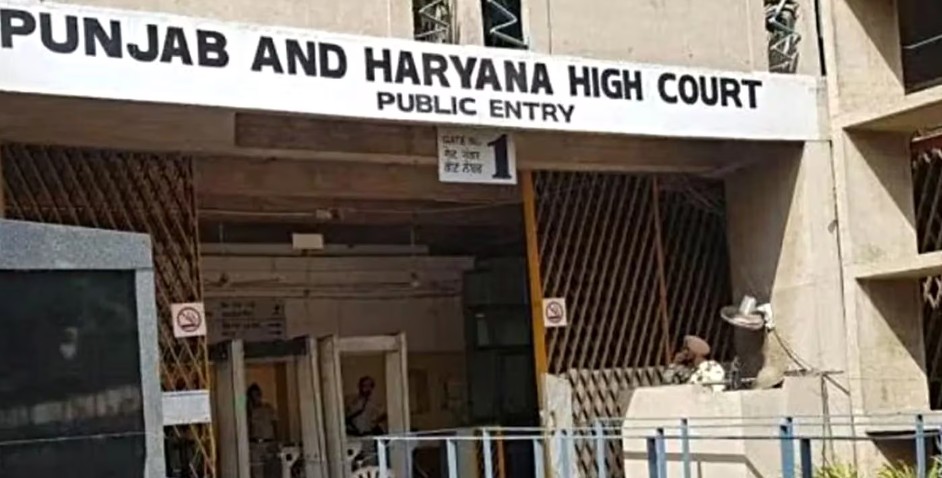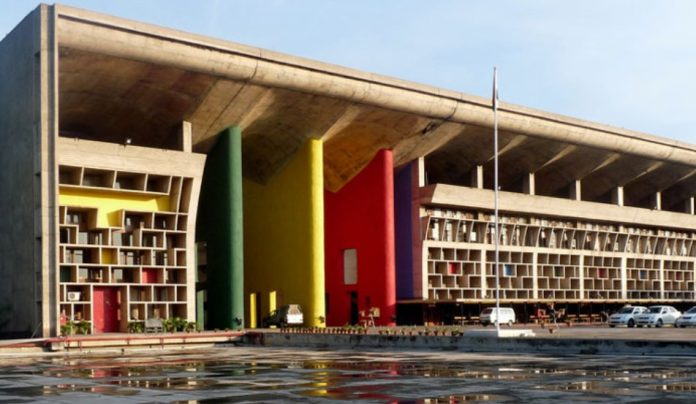The Punjab and Haryana High Court has raised serious concerns over the delay in registering a First Information Report (FIR) in a crucial case, demanding a detailed explanation from the Punjab government. The court’s intervention comes amid growing public outcry and legal scrutiny over the administration’s handling of the case, which involves allegations of misconduct and potential legal violations. The delay in lodging the FIR has sparked debates on transparency, accountability, and the rule of law, prompting the High Court to step in and seek answers from the state authorities.
The matter was brought before the High Court following a petition filed by an aggrieved party, who alleged that despite multiple complaints and substantial evidence, the Punjab police had failed to register an FIR within the stipulated time. The petitioner’s counsel argued that the delay was not only unjustified but also indicative of systemic inefficiencies and possible undue influence. The petitioner contended that the inaction of law enforcement agencies had resulted in a denial of justice and sought judicial intervention to expedite the process.
During the hearing, the bench of the Punjab and Haryana High Court expressed strong disapproval of the delay, questioning the state government’s approach in handling the matter. The court observed that registering an FIR is a fundamental obligation of the police under the Code of Criminal Procedure (CrPC), and any unwarranted delay undermines the credibility of the justice system. The judges further remarked that unnecessary delays could lead to the tampering of evidence, intimidation of witnesses, and erosion of public trust in law enforcement agencies.
The High Court has directed the Punjab government to provide a comprehensive report explaining the reasons behind the delay. The government has been asked to furnish details of the actions taken so far, the status of the investigation, and whether any officials have been held accountable for the lapse. Additionally, the court has sought clarification on whether any external pressures or political influences contributed to the delay.

Legal experts have weighed in on the case, emphasizing the importance of timely registration of FIRs. They argue that an FIR serves as the first step in a criminal investigation and is crucial for initiating legal proceedings. Any delay in filing an FIR can have significant legal repercussions, including the weakening of the case and potential miscarriage of justice. Senior advocates have pointed out that Supreme Court precedents clearly state that law enforcement agencies must register an FIR upon receiving credible information about a cognizable offense.
Human rights activists and civil society organizations have also expressed concern over the issue, highlighting that delays in FIR registration are a recurring problem in many cases involving marginalized communities, whistleblowers, and politically sensitive matters. They have urged the judiciary to take stringent measures to ensure that such delays do not become a norm, calling for greater accountability and oversight of law enforcement agencies.
In response to the High Court’s directive, the Punjab government has assured the court that a thorough inquiry is underway to ascertain the reasons behind the delay. The state’s legal representatives have stated that disciplinary action will be taken against any officials found responsible for negligence or dereliction of duty. The government has also reiterated its commitment to upholding the rule of law and ensuring that justice is delivered without unnecessary hindrances.
The case has drawn significant media attention, with various political parties and opposition leaders seizing the opportunity to criticize the government’s handling of law and order. They have accused the administration of shielding influential individuals and failing to act in a timely manner. Some leaders have even called for judicial oversight in similar cases to prevent future delays and ensure a more robust legal framework for handling complaints.
Legal analysts predict that the High Court’s scrutiny of the matter could set a precedent for future cases where delays in FIR registration are contested. If the court finds that the delay was intentional or influenced by external factors, it may issue guidelines to streamline the process and hold accountable those responsible for lapses. The case also underscores the need for systemic reforms to enhance the efficiency of law enforcement agencies and prevent bureaucratic inertia from obstructing justice.
As the case unfolds, all eyes will be on the Punjab and Haryana High Court’s final ruling and the Punjab government’s response. The outcome could have far-reaching implications for governance, policing, and judicial oversight in the state. The judiciary’s proactive stance in seeking answers from the state authorities reflects its commitment to ensuring transparency and accountability, reinforcing the principle that justice delayed is justice denied.
The next hearing is scheduled in the coming weeks, and the court has warned the state government that any further delay in submitting the required report will not be tolerated. The bench has emphasized that the responsibility of ensuring a fair and timely investigation lies with the government, and any lapses will be met with strict judicial action. Meanwhile, the petitioner and legal representatives remain hopeful that the court’s intervention will expedite justice and bring about necessary reforms in the system.
The case serves as a crucial test for the Punjab government’s commitment to upholding legal protocols and ensuring that law enforcement agencies function without bias or external influence. It also serves as a reminder that the judiciary remains vigilant in safeguarding the rights of citizens and ensuring that justice is neither delayed nor denied. The developments in this case will be closely monitored, as they could pave the way for more accountability in handling legal complaints and police investigations in the future.


